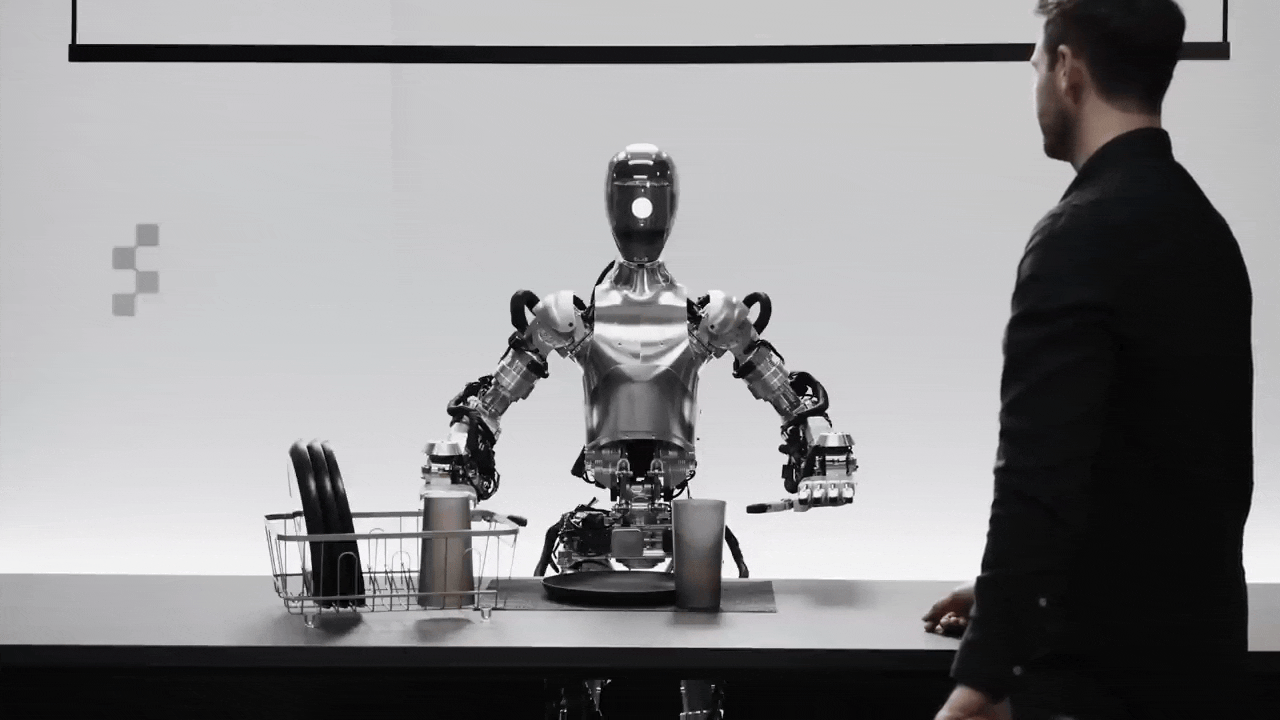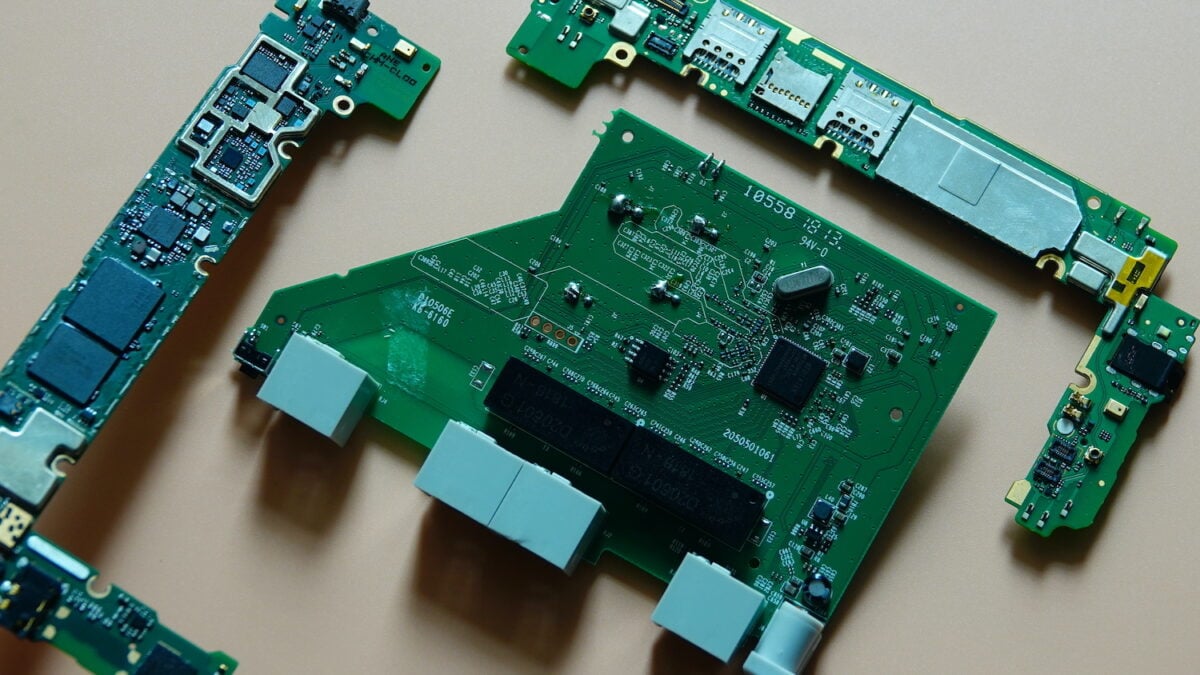The Jobs AI Is Replacing the Fastest

The jobs most likely to be replaced by artificial intelligence all have one thing in common, a new study has found.
The World Economic Forum studied business sectors globally and found that industries with loads of high-quality data could have AI adoption rates around 60-70%, but those with less or fragmented data thus far have seen less than 25% of their jobs taken over by AI.
That means jobs with clear-cut data like finance, customer support, healthcare, interpreters, historians and writers will be first on the chopping block. But jobs that have proprietary data or need to create bigger amounts of information or have specialized labor, like self-driving cars or doctors, are much less likely to have AI replace them.
“Data is the fuel for AI, and modern AI systems need not only calories but also high-quality nutrition,” Andrew Ng, the founder and lead Google Brain Project and now creator of DeepLearning.AI, said in a TED talk.
Why does this matter?
Researchers following the adoption of AI predict around 92 million jobs are projected to disappear by 2030, even as roughly 170 million new roles are expected to emerge, McKinsey & Company has found. But these aren’t simple one-to-one replacements happening within the same locations or among the same workers.
The greater challenge lies in closing the widening gap between the jobs that vanish versus the opportunities that arise, and the skills workers currently have versus the ones that new roles demand. “The fundamental issue is the mismatch between the skills people possess and the skills required for the jobs of the future,” McKinsey found.
So what jobs are being replaced by AI the fastest?
Well, right now, it’s not looking great for pretty much anyone in software development. Tools like GitHub Copilot analyze massive repositories—sometimes over 420 million code snippets—and assist developers, enabling a productivity leap. The AI technology in that area has shown that early 75% of developers now use AI coding assist tools.
Similarly, 70% of equity trading volume has been using AI-driven algorithmic trading, which dominates U.S. markets. Customer support departments have been low-hanging fruit for AI models, resulting in faster responses and 23.5% cost reductions.
What jobs are likely to survive AI for now?
In sectors with limited data, AI taking over jobs has stalled. Healthcare has seen a slow adoption due to the scarcity of accessible datasets, because less than 10% of surgical data is publicly available, hampered by strict regulations and data fragmentation.
Meanwhile, the U.S. Department of Education says that construction remains among the most resistant industries, as “digital transformation is hampered by decentralized, inconsistent record-keeping.” In education, privacy laws like FERPA restrict data sharing, hobbling AI’s efforts to replace personalized learning environments.
Is there an AI-proof job for me?
There are probably no guarantees that your career won’t be affected by AI.
But analysts at the Career Institute say workers who want a longterm job done by a human should focus on fields where human judgment, creativity, and emotional intelligence remain crucial. Data shows that roles combining AI literacy with personal, physical expertise—like healthcare, technical educators, and consultants—tend to be more resilient.
You can read Gizmodo’s list of the top 40 jobs most likely to be replaced by AI here, along with the ones that will are currently least effective. Those rankings come from a report from Microsoft Research highlights how generative artificial intelligence is set to transform millions of jobs worldwide, with profound implications for the future of work.









